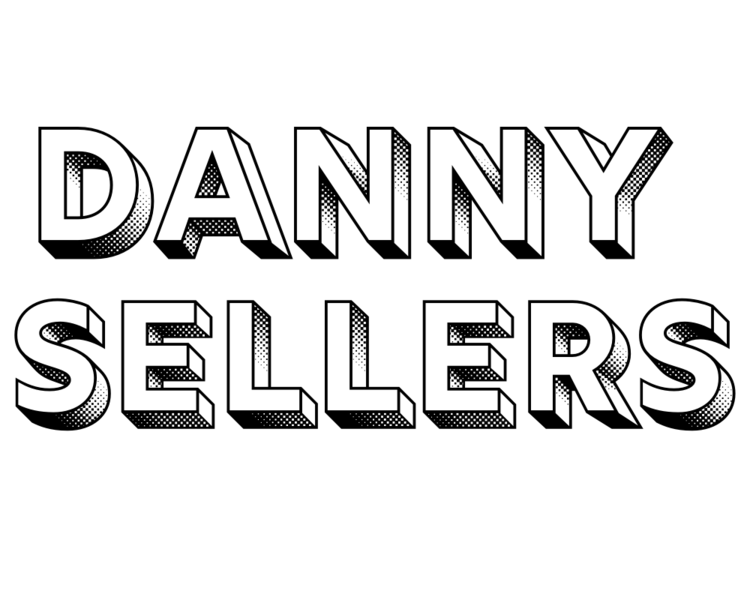By Kimberly Edwards
One of my first posts with The Sellers Group discussed giving yourself a break at work and preventing burnout or feeling overwhelmed during the workday. From getting up and taking a lap around the office, to simply closing your eyes for a minute to give them a rest from looking at a computer screen, implementing small changes to enhance your overall performance can make a big difference.
…But what if these tips aren’t working?
Mental Health Awareness Month just flew by, but I truly believe in #MentalHealth365, which is a culmination of physical, mental, and emotional check-ins that allow me to grow on my mental health journey.
Let’s face it – everyone goes through something at some point. Whether it’s a family or relationship-related issue, or a quarter-life crisis, we’ve all been there in some regard – but we also have to keep pushing through. The bills aren’t going to pay themselves, and we can’t just mentally check out when times get tough because we have responsibilities to fulfill.
So how can we work positively and productively to accommodate these situations, no matter the scale of severity?
I recently was re-diagnosed with ADHD, in addition to the anxiety that I’ve discussed in the past. My job has periods of ebbs and flows. Sometimes I’m swamped with work, and during event season in my job, my boss and I pop open bottles of wine and order pizza as we try to tie finishing touches together.
It be like that sometimes.
But in all honesty, these moments of high-stress and high-volume workloads take a lot out of me. It affects my mood, my sleep, my mental and physical health and, most of all, my productivity.
So I had to communicate that to my boss. I had to become open and honest about my anxiety and ADHD and discuss it in a way that candidly asked for accommodations that would allow me to perform my best when circumstances are otherwise overwhelming for me.
It took a lot of courage to approach my boss with honesty, as I still struggle with the, “Sure, I can do it,” mindset, knowing that I’m prone to taking on too many responsibilities.
Much to my surprise, the conversation went really well, and I now communicate openly that I get overwhelmed, what my triggers are, and what accommodations I need to continue to be productive.
So, if you’re feeling this way at a given time, here are a few tips to approaching the situation, and eventually approaching your supervisor/boss for appropriate accommodations.
- Identify your triggers. Take some time to notice what annoys you, what puts you off-task, and what overwhelms you. Write them down.
- Have a conversation with someone you trust before approaching your supervisor. You don’t want this conversation to sound like a resignation. Instead, you just want to communicate that you’re going through a hard time, and that you may need some space/quiet/extra time for assignments. Get feedback from your confidant and take it to heart, especially if he/she knows a little bit about your work environment and possible ways that others can interpret your point.
- Come up with an action plan before having the conversation. Do you need to close your office door? Do you need a mental health day? Do you need a white noise machine? Do you need to move away from a coworker who speaks too loudly to help you better concentrate? Write these down. Come up with a realistic plan that will help you be the best employee that you can be. Ultimately, you were hired because you were seen as an asset to the company/agency/organization. Communicate that you want to work to the best of your ability.
- When ready, speak up. Be prepared with your action plan. Let your supervisor/boss know how these accommodations will help you be more productive. Pitch the idea.
In my opinion, the worst case scenario to this would be that your boss says no to your idea based on other factors or company policies – and if that’s the case, look at the company policies and read into accommodations. Mental health accommodations can be just as vital as other accommodations. Your health – whether physical, mental, or emotional – comes first.
Best of luck!
Until next time,
Kim
Photo Credit: Lee Chapman
